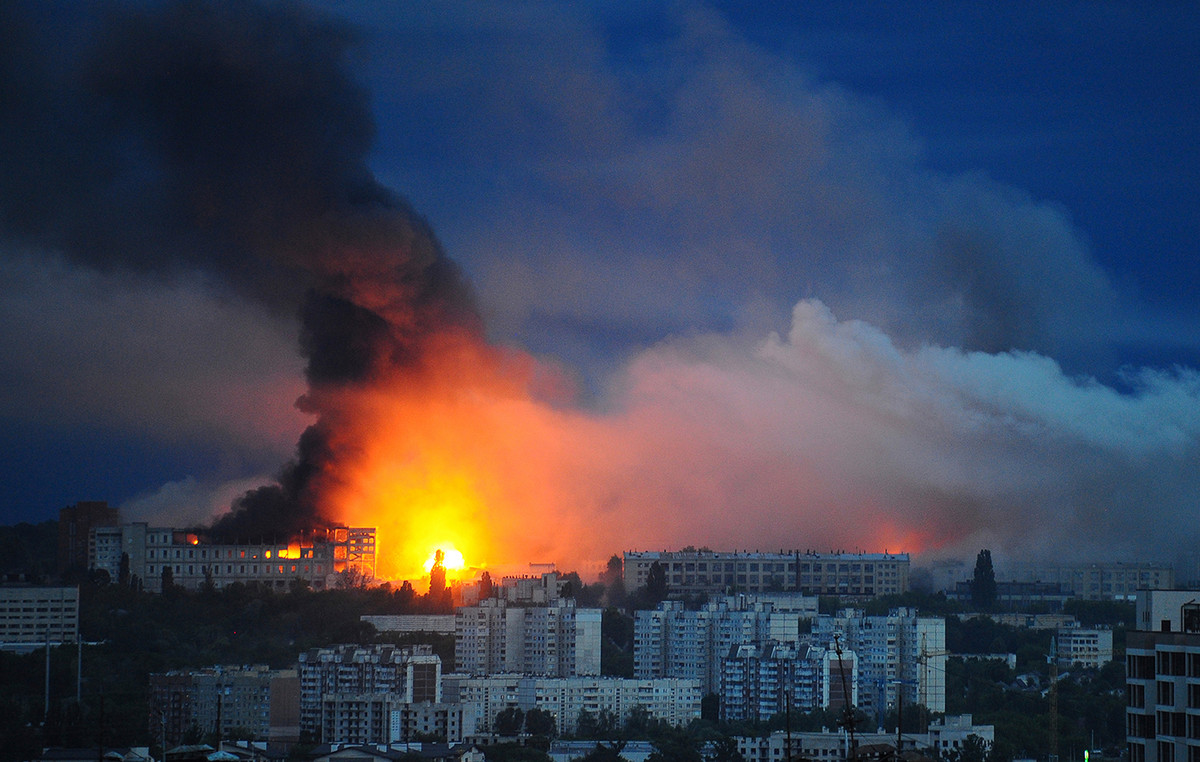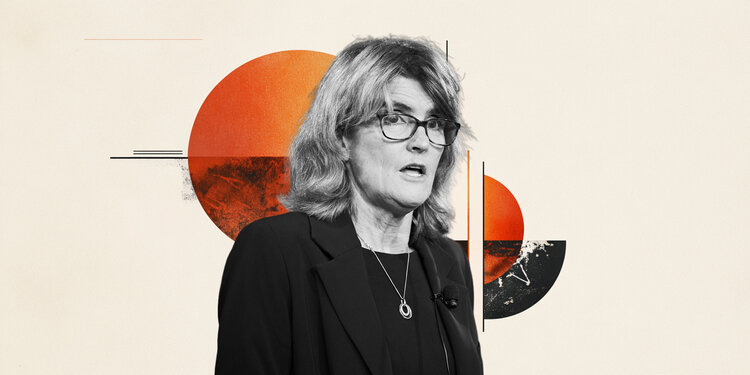Oil has been used as a thermometer to understand the effects of the disgusting six-month war in Ukraine. The rise and fall of prices began to signal a facet of the perception of the conflict that took the lives of thousands of people and altered the production, prices and trade of some of the most important commodities in the world. In this economic thermometer, the temperature may have even dropped in the last few weeks, but the fever is definitely far from over.
The first days of the war were like a shovel of whitewash in the hope that, after almost two years of the pandemic, the world could finally return to dreaming of a cloudless sky for the economy. The Russian attack on February 24 generated a veritable tsunami of risk aversion added to fears of shortages of basic products around the world.
Then, the result came with the soaring prices. First, in international markets. Investor panic led crude oil to rise 30% in a few days and approach $130. Similar curves were seen in natural gas, wheat and fertilizers, among other contracts. The fear was that without Russians and Ukrainians in international trade, these items would be lacking. The market went into a tailspin.
In just a few days, all this reached the real economy. It was the icing on a cake that was trying to grow with ingredients that had already made the recipe go wrong: Covid-19, unstructured production chains and lack of manufactured inputs.
The soaring prices in the economy generated a chain reaction of central banks. Rising interest rates represent a bucket of cold water in the growth of the economy and, thus, the specter of recession has returned to scare. First, in the United States. Then in Europe.
The action of the central banks had barely begun and, precisely because of high inflation, demand began to slacken. German companies have reduced their use of gas on production lines, and across the Atlantic, American drivers have taken their foot off the accelerator and demand for gasoline has plummeted to pre-pandemic levels. With the budget taken up by more expensive food, the rich world started to use less energy.
Drama, however, has always been in the poor world. The United Nations estimates that up to 181 million people will suffer from hunger because of the most expensive food. In Brazil, serious estimates indicate that more than 30 million are severely food insecure – that is, they do not know what they are going to eat for their next meal.
And, to complete the list of bad news, China’s overreaction to Covid-19 has sapped what was left of the world’s second-largest economy. These are the signs that the economy wheel has started to turn in the opposite direction. And thus, the term ‘recession’ has definitely returned to the discourse of economists.
The fear of recession even managed to generate “good news” for inflation with the drop in commodity prices, including oil, which operated below US$ 100 in the last two weeks. But this good news may have been just a breath of relief.
Lower prices and the possibility of an agreement between Iran and the United States for the resumption of Iranian oil production generated a reaction from the largest producer on the planet: Saudi Arabia. And now, OPEC (Organization of Petroleum Exporting Countries) discusses the reduction of the cartel’s production. This possibility made the barrel become 8% more expensive in the last week. Only yesterday, the eve of the six months of the war, the Brent type rose 3.90% and closed at US$ 100.22, the highest price since August 2nd.
The rise in numbers on this thermometer of the war in Ukraine takes us back to the calendar. For Europeans, however, the important date is not the six months. The worry is days ahead: in September, when autumn begins, and in December, when the real cold of winter arrives. The risk is that, without gas and oil from Russia, Europeans will be cold in a dark winter. If that happens, the whole world will feel it.
Source: CNN Brasil
I am Sophia william, author of World Stock Market. I have a degree in journalism from the University of Missouri and I have worked as a reporter for several news websites. I have a passion for writing and informing people about the latest news and events happening in the world. I strive to be accurate and unbiased in my reporting, and I hope to provide readers with valuable information that they can use to make informed decisions.







